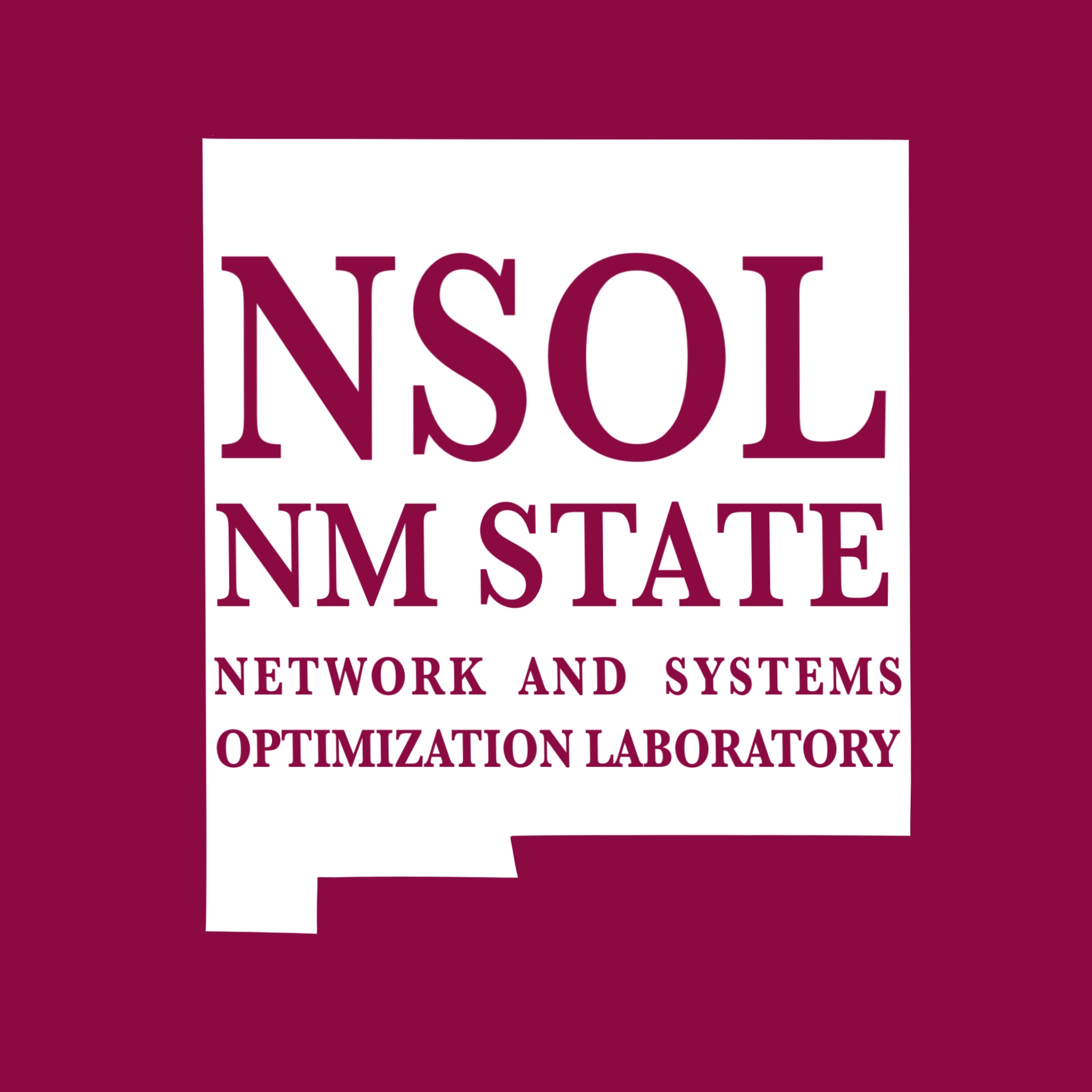Our Projects
Federated Machine Learning for Network Management and Vulnerability Assessment
In this task we aims to propose a federated machine learning (FML) framework to have an FML aggregator obtain global visibility of the network. The intent is to identify any localized anomalies in the network based on the local models obtained by the aggregators.
- Distributed network analysis
- Privacy-preserving vulnerability assessment
RINGS: Resilient Edge Ecosystem for Collaborative and Trustworthy Disaster Response (REsCue)
This project addresses networking and security challenges in next generation public safety and disaster response networks, where mission-critical emergency operations (e.g., search and rescue) need to be performed with limited surviving infrastructure, potentially augmented with diverse devices deployed by first responders. These mission-critical operations are performed in a challenging environment and can only be effective if the fundamental security and architectural challenges specific to them are addressed, which is the goal of this project. The project's novelties are: (i) effective integration of diverse autonomous networks (e.g., utilities and smart homes) into a resilient, cooperative, and secure network-of-networks; (ii) a system for supporting network operations during broad disruptions including the enforcement of access control to data and services, and (iii) efficient verification of untrusted users' communications. The project's broader significance and importance are two-fold: (i) providing new research outcomes in networking, near-user computing, low-latency wireless communications, and cybersecurity, leading to the creation of disruption-tolerant networks, whose use extends beyond effective disaster/emergency response to other applications, such as rural networking and distributed manufacturing; and (ii) contributions to a diverse workforce through recruitment and training of a diverse student population.
The project identifies the fundamental architectural and security challenges in fragmented networks, such as seamless multi-modal communications, resilient and verifiable computing, and trust management, and addresses them for viable deployment in disaster-response scenarios. The resulting outcome is a generic blueprint to design an edge-centric, trustworthy, and resilient named data networking architecture. The project also investigates foundational resilience challenges including engendering trust without a centralized certificate authority in a network stitched-together from independent network fragments, providing flexible and revocable access control and authorization for data/services, and ultra-reliable low latency wireless communications in challenging environments. The proposed designs and solutions, grounded in rigorous analytical frameworks and theoretical models, reinforced by real-world experimental evaluations, will form the basis for future edge network innovations.
The project is led by a multi-disciplinary team of researchers from New Mexico State University (NMSU), Arizona State University (ASU), and the University of California, Irvine (UCI). The team includes experts in networking, cybersecurity, distributed systems, and edge computing. The project is funded by the National Science Foundation (NSF) under the award number CNS-2212008. This award reflects NSF's statutory mission and has been deemed worthy of support through evaluation using the Foundation's intellectual merit and broader impacts review criteria.
Research Center for Distributed Resilient and Emergent-Intelligence-Based Additive Manufacturing (DREAM)
The Center for Distributed Resilient and Emergent-intelligence-based Additive Manufacturing (DREAM) is a collaborative initiative bringing together four minority-serving research institutions of New Mexico through an NSF EPSCoR Research Incubators for STEM Excellence Research Infrastructure Improvement (E-RISE RII) award. Through research goals in advanced distributed networking, cybersecurity, testbed-based validation, and digital twin design for the additive manufacturing (AM) industry, this project aims to overcome challenges of the industry relevant to the state of NM and serve as a model for deployment of DIAM globally.
